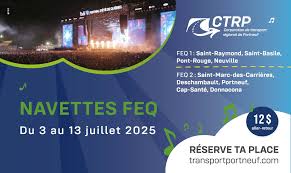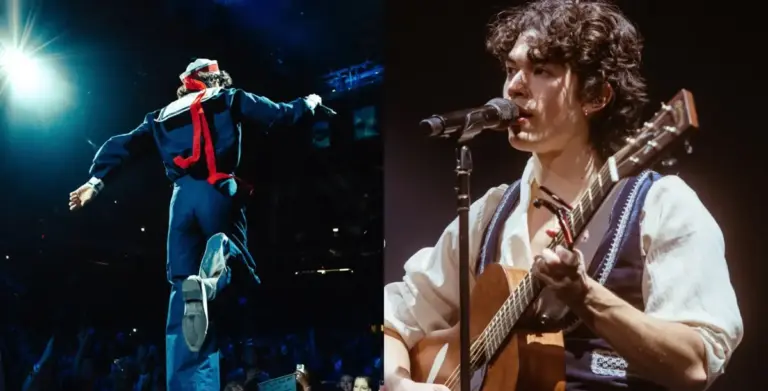
Introduction
The Festival Été Québec, an iconic summer music festival held annually in Quebec City, has become a cultural staple since its inception in 1968. Celebrated for its vibrant atmosphere and diverse lineup, the festival not only brings together music lovers from all walks of life but also promotes local businesses and tourism in the region. With its growing popularity, the festival plays a significant role in positioning Quebec as a leading destination for summer entertainment.
Main Events and Lineup
This year, the Festival Été Québec took place from July 6 to July 16, 2023, showcasing an impressive lineup of international and local artists. Major headliners included celebrated figures like Billie Eilish, Shania Twain, and the legendary Foo Fighters. The festival encompassed multiple stages scattered throughout Old Quebec, allowing attendees to enjoy a wide array of genres, from rock and pop to hip-hop and electronic music.
Apart from the music, the festival also featured local artisans, food vendors, and cultural exhibitions, creating a rich experience beyond just performances. Participants had the opportunity to indulge in Quebec’s renowned cuisine, such as poutine and maple-flavored desserts, while exploring the works of local artists and craftspeople.
Community Impact and Local Economy
The Festival Été Québec is not just an entertainment event; it significantly impacts the local economy. In 2022, the festival reportedly attracted over 100,000 visitors, generating substantial revenue for local businesses, including hotels, restaurants, and shops. This year’s projections indicate an even more considerable influx, aided by a diverse lineup and effective marketing strategies that emphasize the festival’s international appeal.
Additionally, the festival actively prioritizes sustainability, implementing measures such as waste reduction programs and encouraging eco-friendly practices among vendors and attendees. This commitment to environmental responsibility enhances the festival’s reputation while ensuring the preservation of Quebec’s natural beauty.
Conclusion
The Festival Été Québec stands as a testament to the vibrant cultural scene in Quebec City and the province’s rich musical heritage. Its ability to draw crowds and foster community engagement is vital, particularly in a post-pandemic world where live entertainment experiences are treasured more deeply. As it continues to evolve, the festival remains a significant contributor to the local economy, cultural pride, and the promotion of artistic talent within Quebec. Enthusiasts are already looking forward to the next edition, promising another exciting celebration of music, culture, and community.



